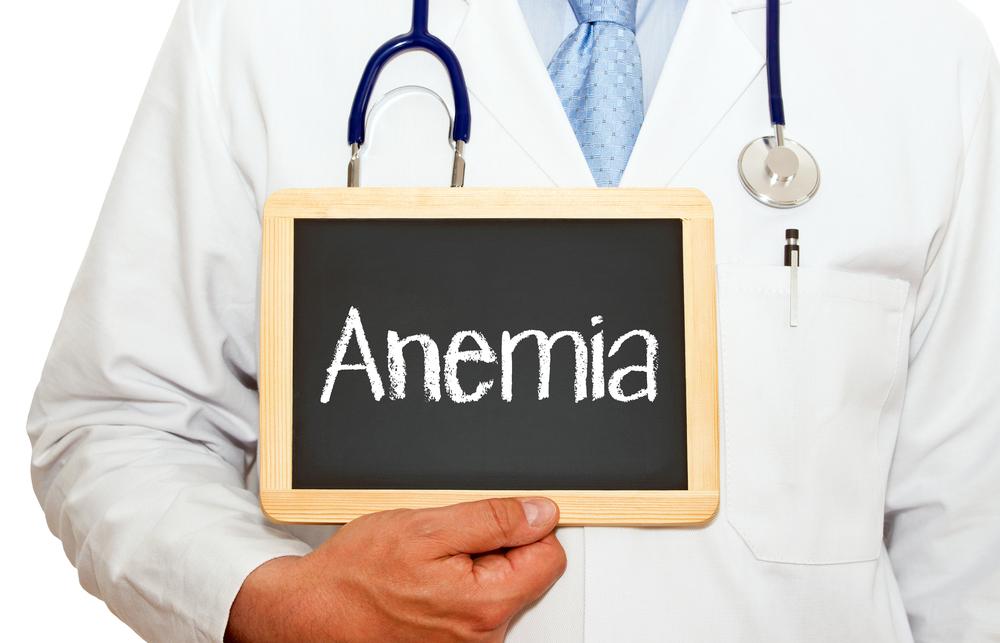
What you need to know about anemia
Today, anemia affects 24.8% of the world’s entire population. In the country alone, it affects 5.6% of the population. Anemia is a condition that is caused by a lack or loss of hemoglobin or red blood cells (RBCs) in the blood. The causes of the anemia depend on the type of anemia that one suffers from. Each type of anemia has a different cause. There are over 400 types of anemia.
Some of the most common types of anemia and their causes are:
- Vitamin deficiency anemia
When your diet lacks vitamin B-12 and folate, you are at risk of getting vitamin deficiency anemia. You are likely to acquire it if your body is unable to process the vitamin well. Vitamin B-12 and folate are required for red blood cell production in your blood. However, when you don’t have enough of these in your body, it cannot produce enough red blood cells. - Iron deficiency anemia
One of the most common types of anemia is caused due to iron deficiency. Mostly, pregnant women tend to suffer from this. This type of anemia usually occurs due to high levels of blood loss which take place due to problems such as ulcer cancer, regular consumption of aspirin, and menstrual bleeding. - Anemia due to chronic diseases
There are some types of chronic diseases that can contribute to a decreased production of red blood cells. This type of anemia affects people that suffer from chronic diseases which interfere with the production of red blood cells in the body. Examples of such chronic diseases are kidney disease, cancer, Crohn’s disease, and HIV/AIDS. - Anemia due to bone marrow disease
Bone marrow requires iron in order to produce hemoglobin. If there is insufficient iron, your body will not be equipped to produce the required amount of hemoglobin. Any bone marrow disease such as myelofibrosis or leukemia can lead to anemia as there is insufficient blood cell production. - Hemolytic anemia
When red blood cells are destroyed, the bone marrow needs time to produce and replace them. Hemolytic anemia occurs when red blood cells die faster than the rate of their production. Hemolytic anemias can be a genetic condition. - Aplastic anemia
This type of anemia can be caused due to a variety of reasons. It can be caused by exposure to toxic chemicals that hinder blood production, infections in your body or autoimmune disease. Certain types of medications too can cause aplastic anemia. - Sickle cell anemia
This is a life-threatening condition that can be inherited too. In sickle cell anemia, the shape of the red blood cells changes which leads to an untimely death. The cause of this type of anemia is defective hemoglobin. This can result in a severe shortage of red blood cells. - Thalassemia
This anemia is caused when the red blood cells are unable to grow as they should. This is a genetic condition and is commonly found amongst people of Southeast Asian, African, Middle Eastern, and Mediterranean descent.



